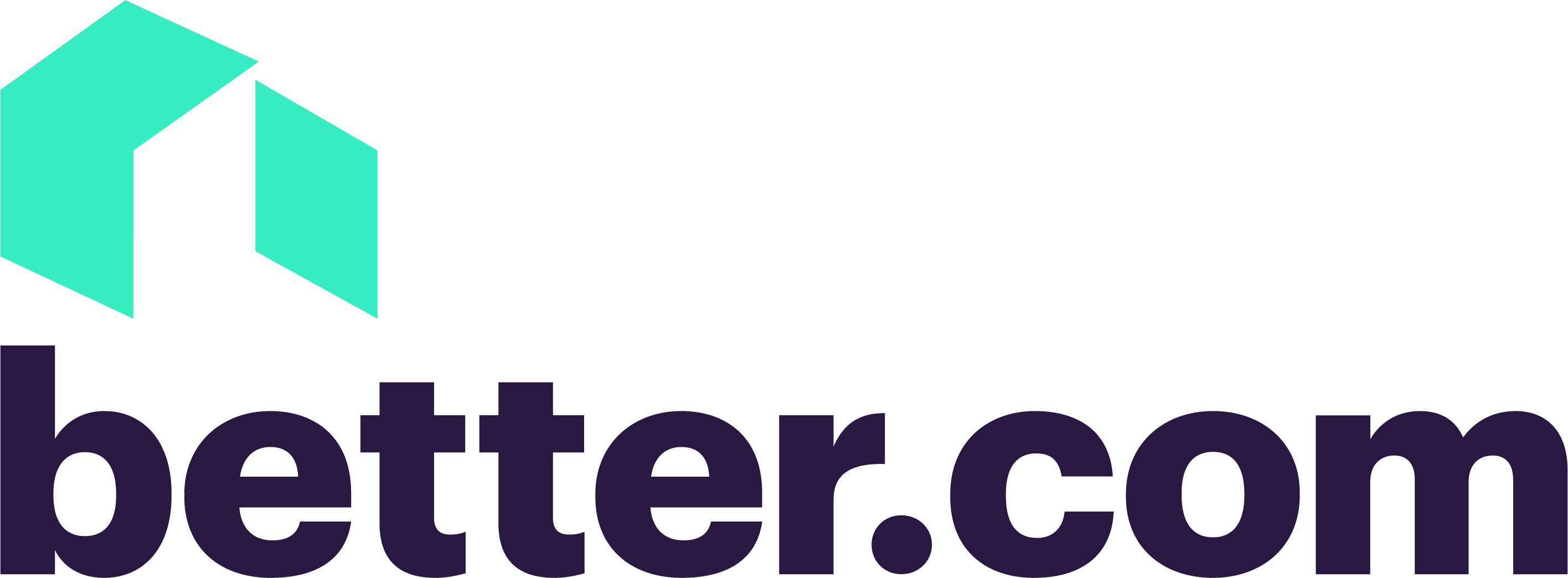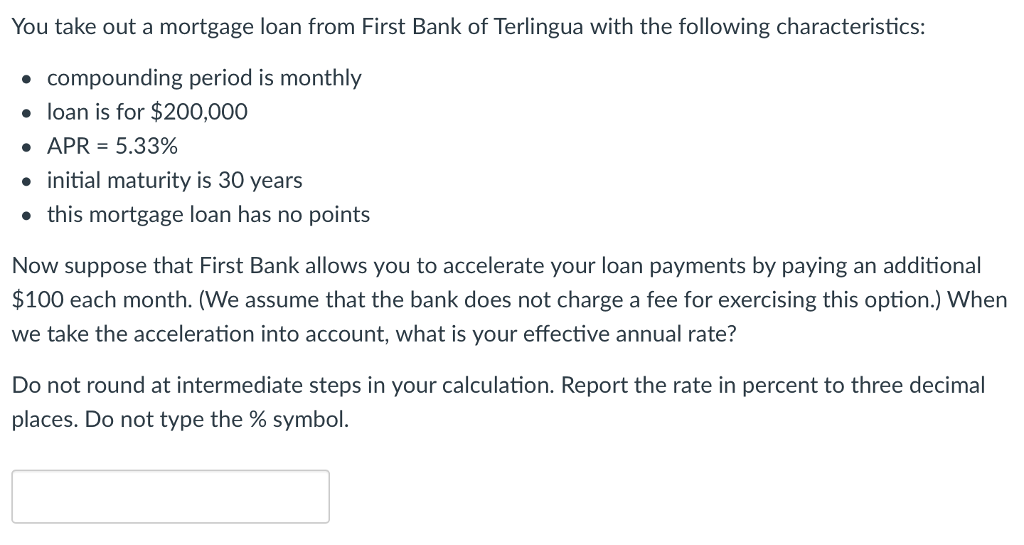However, your beneficiaries do have a couple of choices. They can pay off the financial obligation you owe by buying the home for the quantity owed or for 95% of the appraised worth whichever is less. This can be done by paying by themselves or re-financing the loan into a routine home mortgage. what are reverse mortgages and how do they work.
If the home costs more than it's worth, they can keep the remaining cash. If it sells for less than what's owed, they won't need to pay the difference. Lastly, they can permit the home to go into foreclosure. The choice your beneficiaries make will typically depend on how much equity remains in the home.
A reverse home mortgage is a home mortgage that you do not need to pay back for as long as you reside in your house. It can be paid to you in one lump sum, as a regular monthly earnings, or at the times and in the amounts you desire. The loan and interest are repaid only when you offer your home, permanently move away, or die.
They are paid back completely when the last living customer passes away, sells the house, or completely moves away. Since you make no month-to-month payments, the quantity you owe grows bigger gradually. By law, you can never owe more than your home's worth at the time the loan is paid back.
If you fail to pay these, the lending institution can utilize the loan to pay or require you to pay the loan completely. All property owners need to be at least 62 years old. A minimum of one owner needs to live in the house many of the year. Single family, one-unit house.

Some condominiums, planned unit advancements or manufactured houses. KEEP IN MIND: Cooperatives and many mobile houses are not qualified. Reverse mortgages can be paid to you: At one time in cash As a regular monthly earnings As a line of credit that lets you choose just how much you desire and when In any mix of the above The quantity you get generally depends upon your age, your home's value and area, and the expense of the loan.

Many people get the most cash from the Home Equity Conversion Home Mortgage (HECM), a federally guaranteed program. Loans provided by some states and local federal governments are typically for specific purposes, such as paying for house repair work or property taxes. These are the most affordable expense reverse home loans. Loans offered by some banks and home loan companies can be utilized for any purpose.
The 30-Second Trick For How Do Bad Credit Mortgages Work
HECM loans are often the least expensive reverse home mortgage you can obtain from a bank or home loan business, and oftentimes are considerably less expensive than other reverse home mortgages. Reverse home loans are most expensive in the early years of the loan and normally become less costly gradually.
The federal government needs you to see a federally-approved reverse home mortgage counselor as part of getting a HECM reverse home mortgage. To find out more about Reverse Home loans, check out AARP: Understanding Reverse Home Loans. how do fannie mae mortgages work.
Advertiser Disclosure Numerous or all of the items included here are from our partners who compensate us. This may affect which items we discuss and where and how the item appears on a page. Nevertheless, this does not influence our assessments. Our viewpoints are our own. After retirement, without regular income, you might in some cases deal with financial resources.
A reverse home mortgage is a mortgage that permits house owners 62 and older to withdraw a few of their house equity and convert it into cash. You do not have to pay taxes on the profits or make month-to-month mortgage payments. You can use reverse home mortgage profits nevertheless you like (how do commercial mortgages work). They're frequently earmarked for expenses such as: Debt debt consolidation Living costs Home improvements Helping children with college Purchasing another home that might much better meet your requirements as you age A reverse mortgage is the reverse of a conventional house loan; rather of paying a loan provider a monthly payment each month, the loan provider pays you.
The sum you get in a reverse home loan is based on a moving scale of life span. The older you are, the more house equity you can pull out. The Federal Housing Administration guarantees two reverse home loan types: adjustable-rate and a fixed-rate. Fixed-rate reverse home loans include a one-time swelling amount payment.
Adjustables have five payment choices: Set monthly payments so long as you or your eligible spouse remain in the home Set monthly payments for a fixed period Unspecified payments when you need them, till you have actually tired your funds A credit line and set regular monthly payments for as long as you or your eligible spouse live in the house A credit line and set monthly payments for a set duration of your selecting To apply for a reverse home mortgage, you must meet the following FHA requirements: You're 62 or older You and/or an eligible spouse who should be called as such on the loan even if she or he is not a co-borrower live in the home as your primary residence You have no delinquent federal debts You own your home outright or have a considerable amount of equity in it You go to the obligatory therapy session with a home equity conversion mortgages (HECM) counselor approved by the Department of Housing and Urban Advancement Your house meets all FHA residential or commercial property standards and flood requirements You continue paying all residential or commercial property taxes, homeowners insurance and other family maintenance charges as long as you live in the home Before issuing a reverse home mortgage, a lending institution will examine your credit history, verify your month-to-month income versus your month-to-month monetary commitments and order an appraisal on your house.
Almost all reverse mortgages are released as house equity conversion home loans (HECMs), which are guaranteed by the Federal Real Estate Administration. HECMs feature strict borrowing standards and a loan limitation. If you believe a reverse mortgage may be best for you, find an HECM therapist or call 800-569-4287 toll-free to find out more about this funding choice.
How Do Mortgages Work Condos for Dummies
A reverse home mortgage is a home mortgage made by a mortgage lending institution to a homeowner utilizing the house as security or collateral. Which is significantly various than with a conventional home mortgage, where the property owner utilizes their earnings to pay down the debt over time. Nevertheless, with a reverse home mortgage, the loan amount (loan balance) grows with time since the house owner is not making regular monthly home mortgage payments.
The quantity of equity you can access with a reverse mortgage is determined by the age of the youngest https://qnkcnru695.wixsite.com/emiliomecq856/post/some-ideas-on-how-does-mortgages-work-you-should-know debtor, existing interest rates, and value of the home in concern. Please note that you might require to reserve additional funds from the loan proceeds to pay for taxes and insurance coverage.
They wish to redesign their kitchen. They have heard about reverse home loan but didn't know the information. They choose to call a reverse home loan advisor to discuss their present requirements and future goals if they might get to a part of the funds kept in their house's equity.